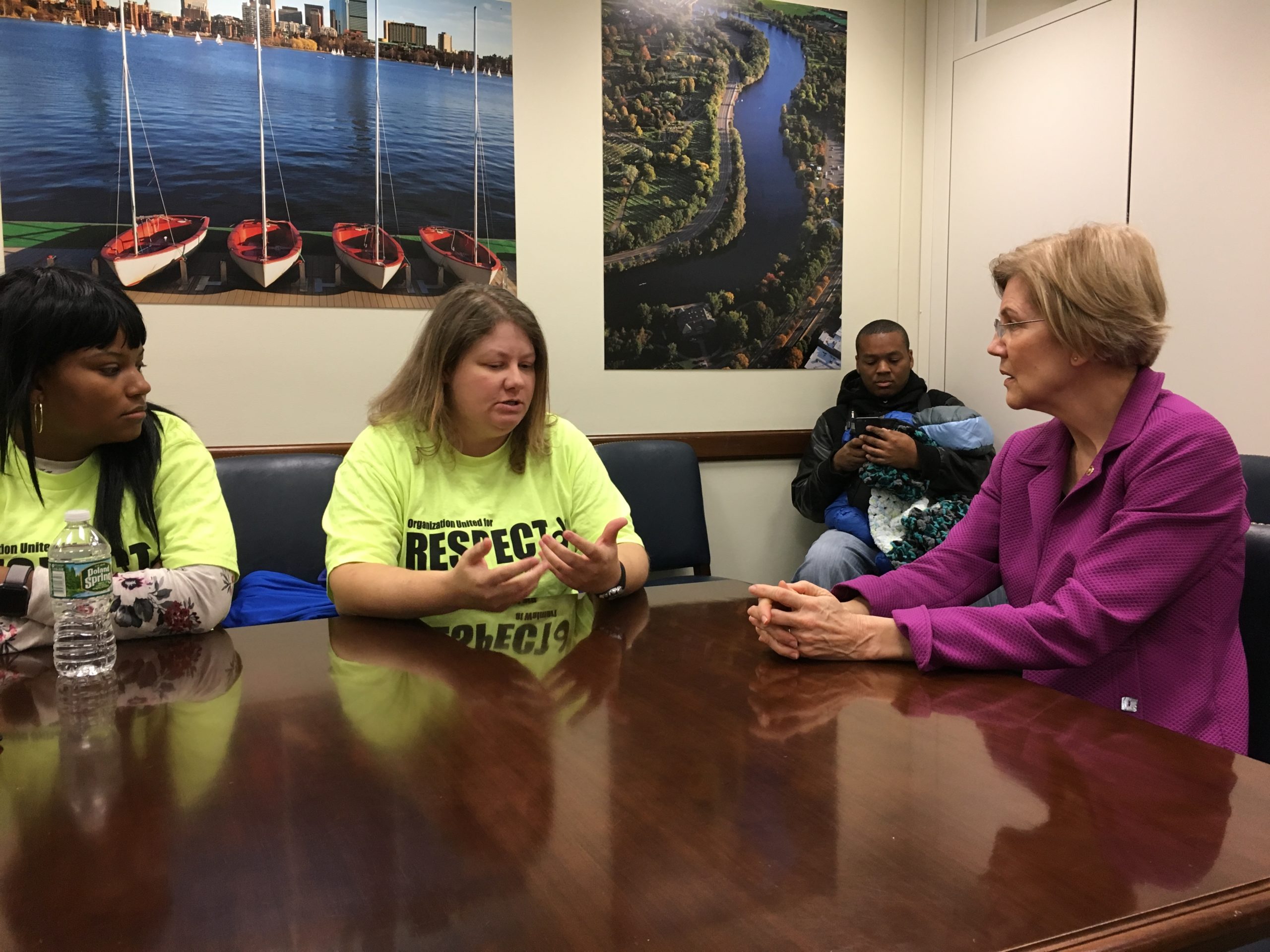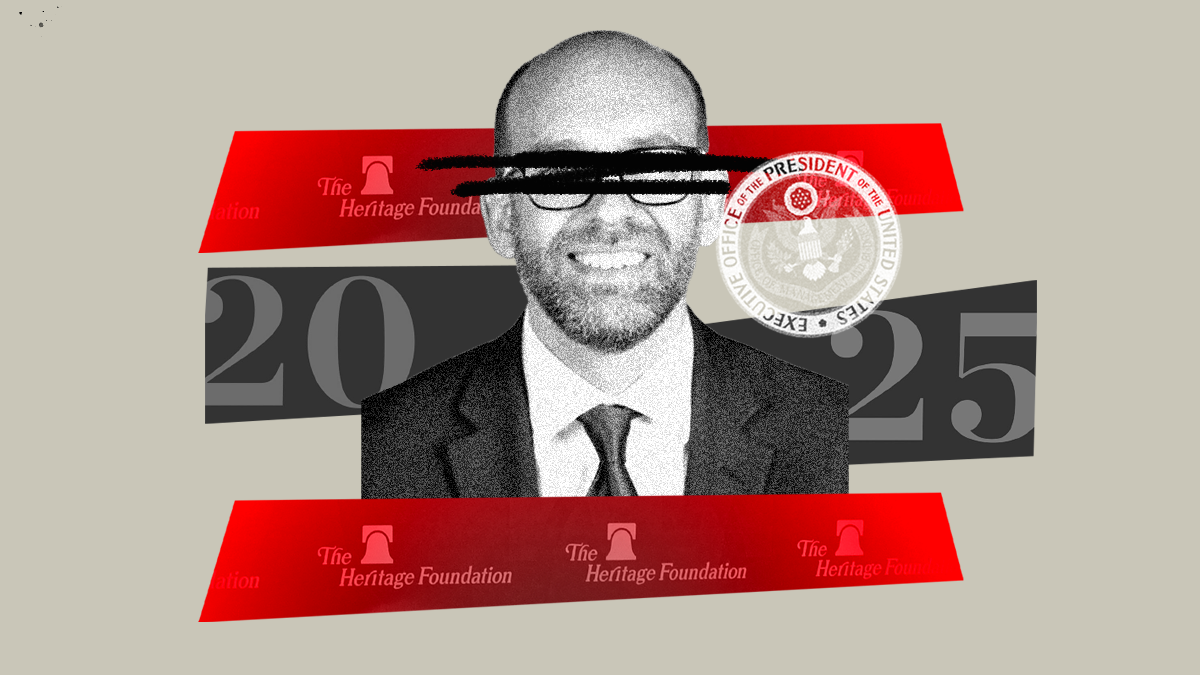Abortion rights, women of color, and LGBTQIA+ people are under attack. Pledge to join us in fighting for gender justice.
What’s In the House Tax Plan: Child Care


Yesterday, the House Ways and Means Committee released four hundred pages of tax legislation. The so-called “Tax Cuts and Jobs Act” affects a broad range of tax benefits that people rely on every day – including tax benefits for child care. Here’s what you need to know:
- The House tax bill cuts existing tax benefits for child care. The House tax bill consists largely of massive tax cuts for businesses and the wealthy, and to pay for them, Republican tax writers eliminated a broad array of tax benefits for families. One is the exclusion of Dependent Care Assistance Plans (DCAPs) from income, starting in 2023. DCAPs are dependent care flexible spending plans offered by employers, which allow employees to take money out of their paychecks, pre-tax, and use those dollars to pay for child and dependent care expenses. This is a benefit that is more valuable for middle- and upper-income families. In 2016, almost 1.4 million families benefited from the exclusion of contributions to DCAPs. The bill also eliminates the tax credit for employers that offer child care benefits to their employees.
- The Child Tax Credit proposal in the House tax bill would not help families with child care. The House tax plan proposes a nonrefundable $600 increase in the Child Tax Credit (CTC). Because the increase is nonrefundable, it wouldn’t help the low-income families who need it most. Instead, the plan would make more families earning six figures eligible to claim the CTC. And don’t believe Republicans who say that the CTC would help families with their child care expenses: A family that pays $11,750 a year in child care expenses (the average for center-based care for an infant in Wisconsin) needs help paying its bills. An additional $600 reduction in their tax liability the following spring does not come close to making child care more affordable or accessible for them.
- The House tax bill also takes away other tax benefits that ordinary families rely on. Even though the House tax bill proposes increasing the CTC (and doubling the standard deduction), the bill also proposes eliminating personal and dependency exemptions, reducing the deduction for state and local taxes, eliminating the medical expense deduction, getting rid of the adoption tax credit, and eliminating the deduction for student loan interest. This would leave many families—such as those with high medical costs, those living in states with high income and sales taxes, and those who are still paying off student loans — worse off. And new restrictions – including one requiring families to claim the CTC with a Social Security Number — would prevent millions of families from claiming refundable tax credits.
- The Republican tax plan threatens child care programs and funding in the future. The tax cuts will increase the deficit by $1.5 trillion. Republicans’ most recent budget proposals have shown us that they would seek to make up the deficit by cutting programs and services that provide working families with a basic standard of living. That means this tax bill will ultimately lead to cuts in programs that women and their families rely on, including Medicaid, SNAP, public education, and the Child Care and Development Block Grant.





